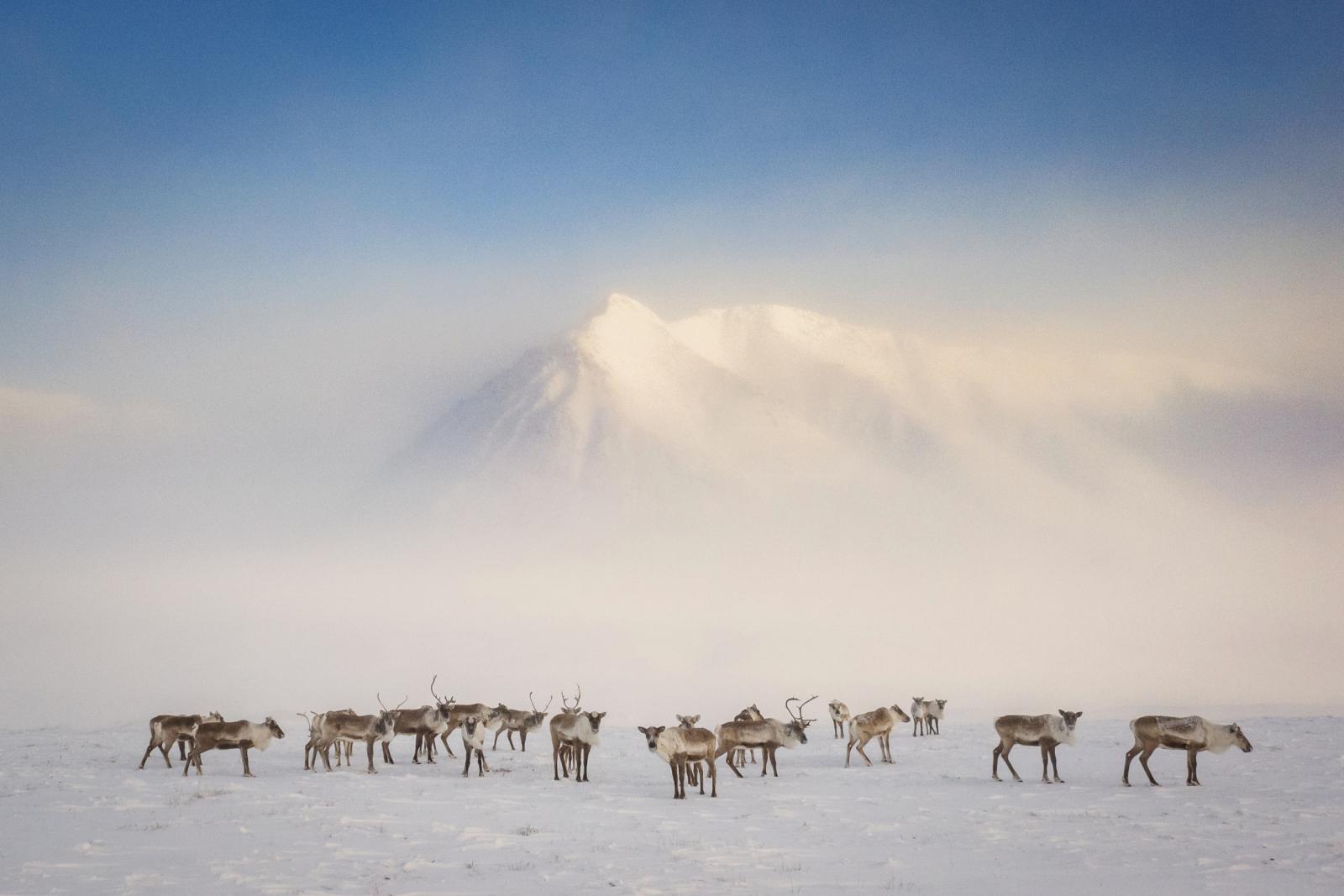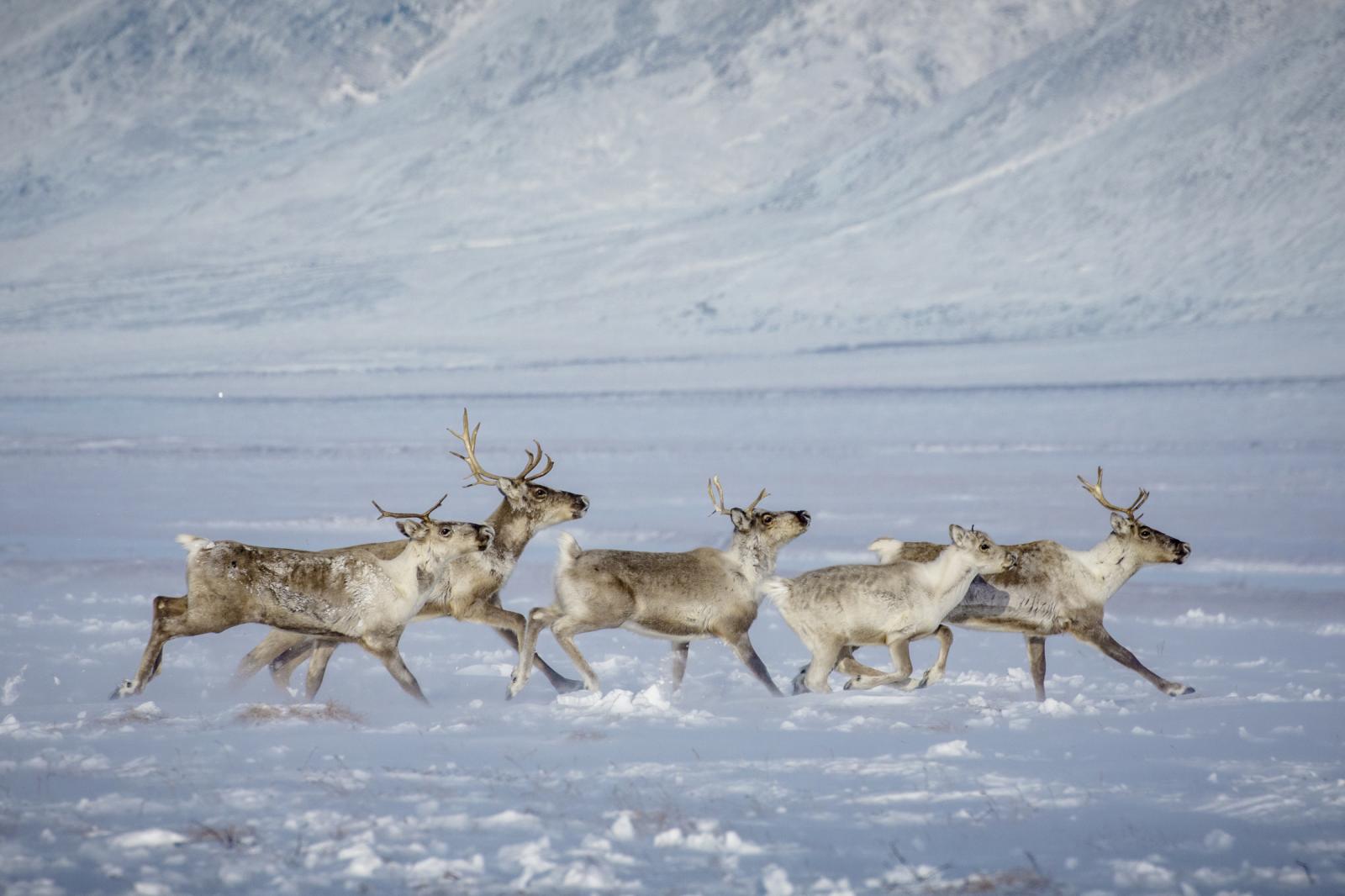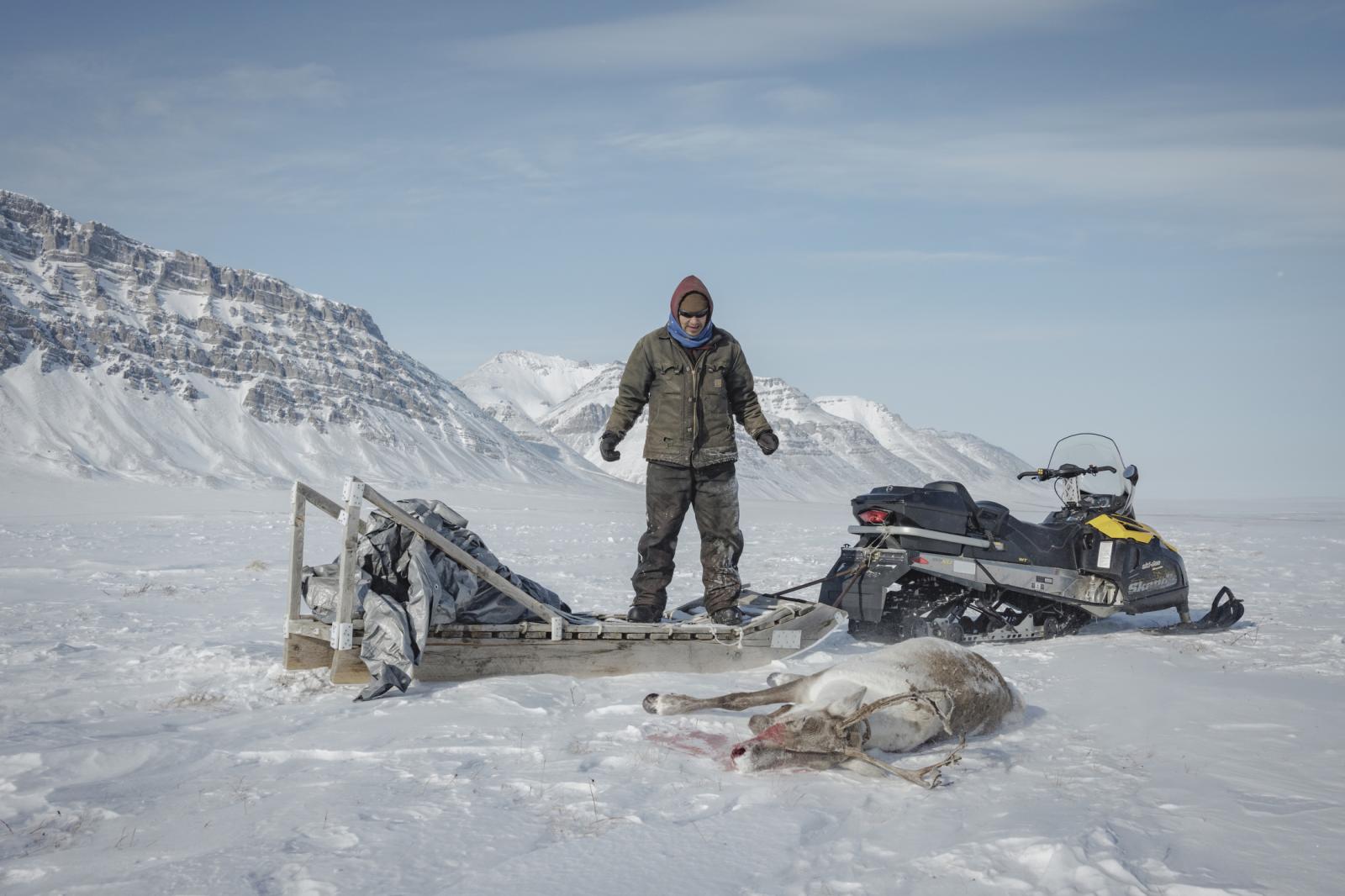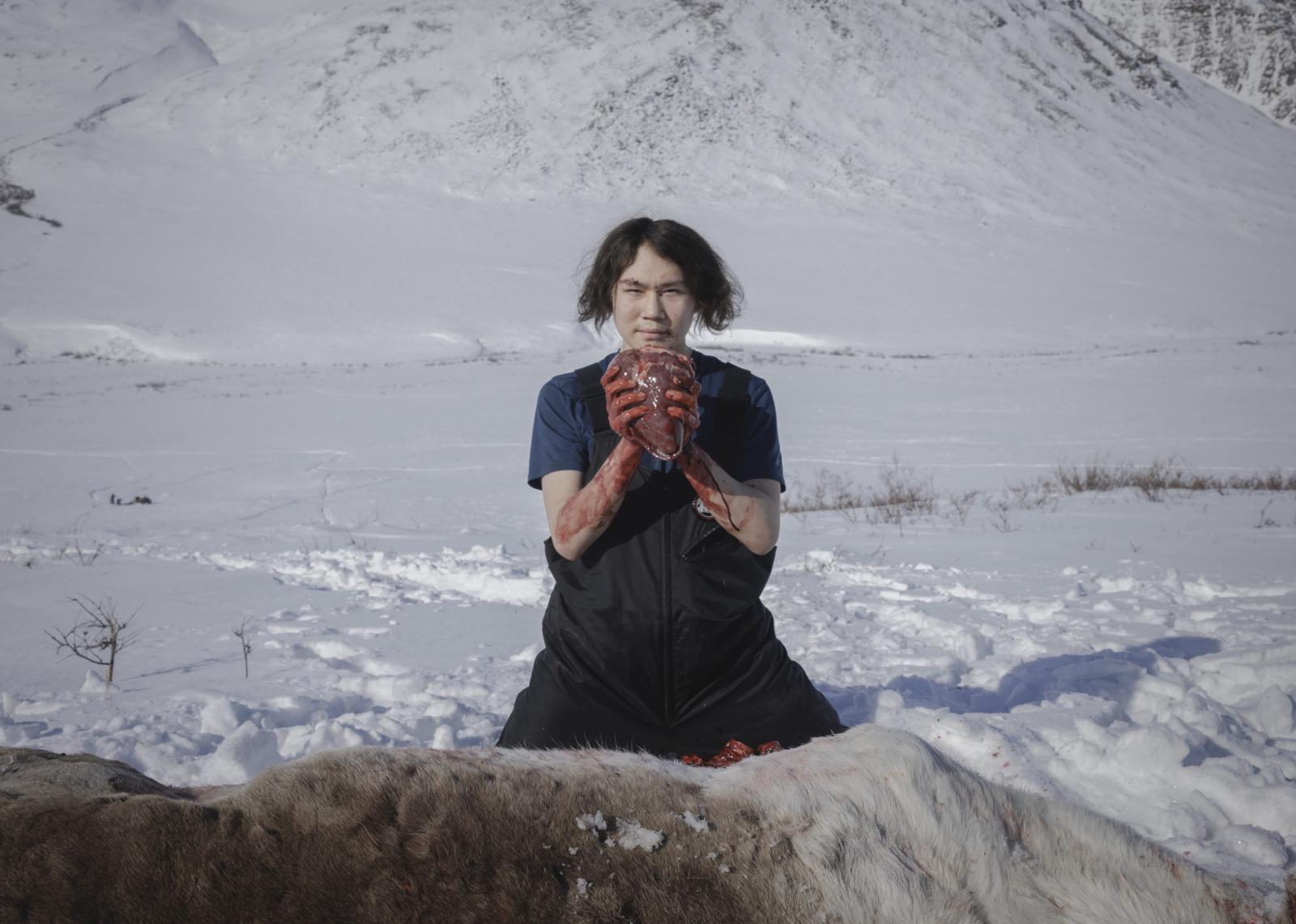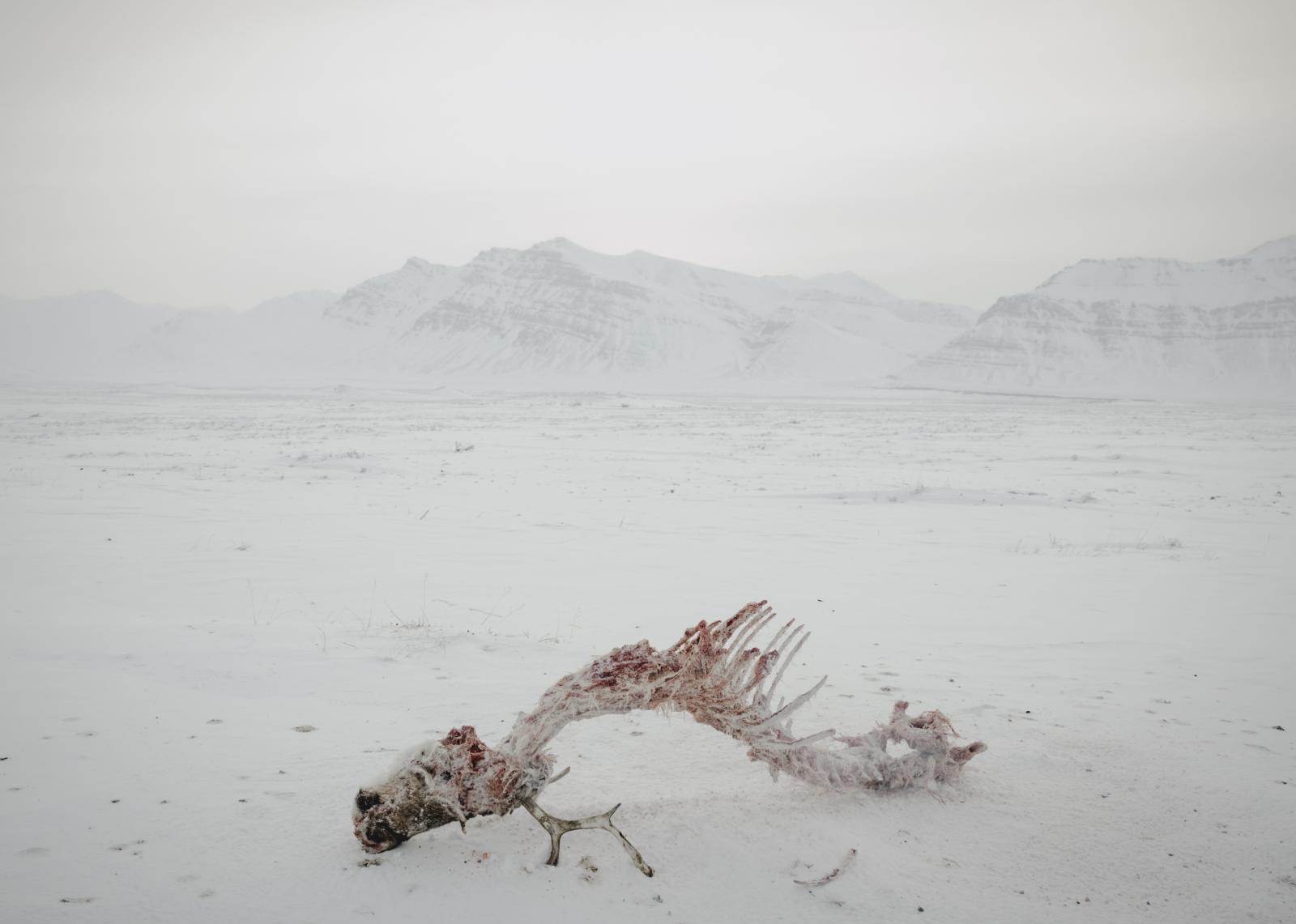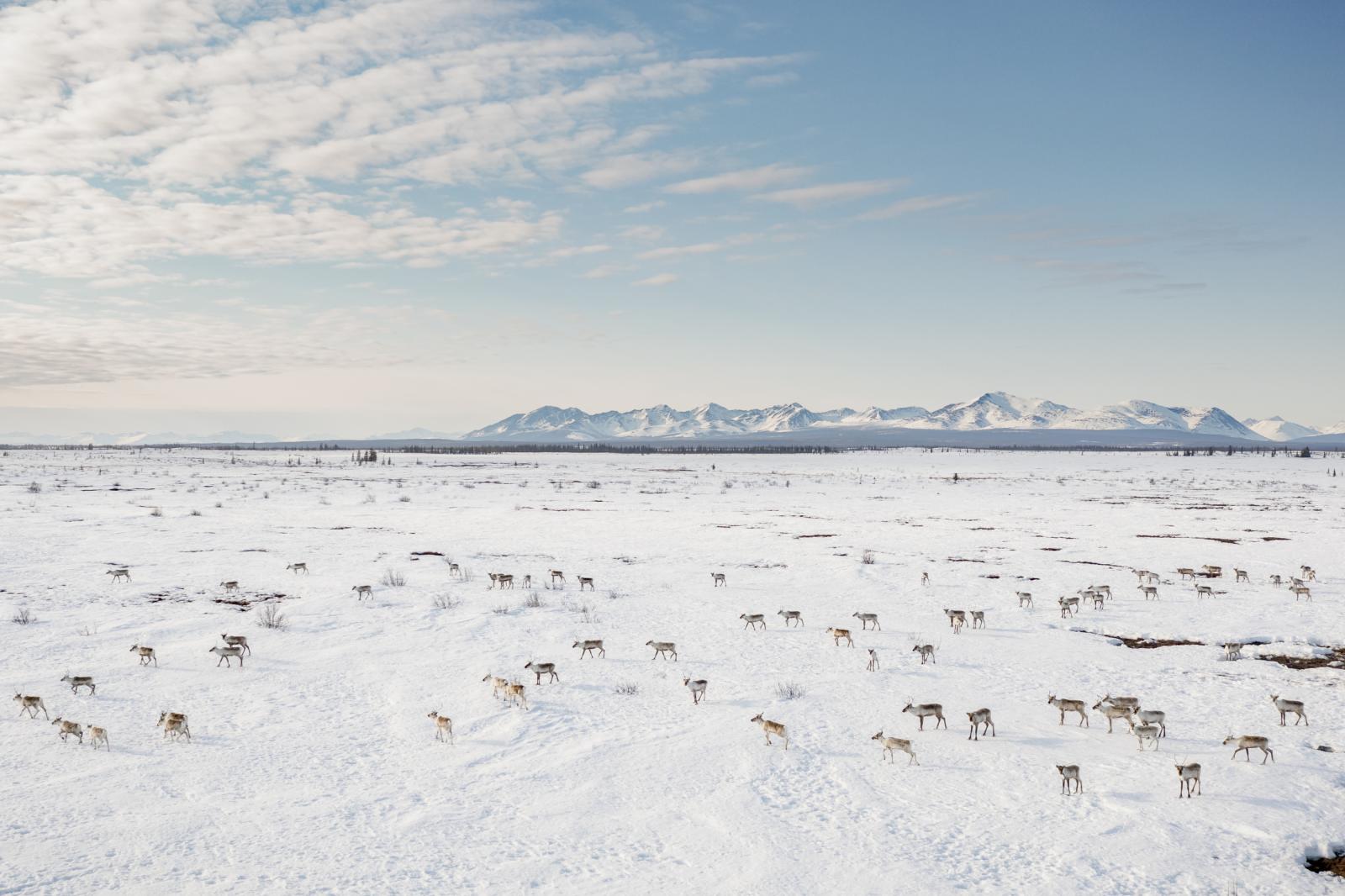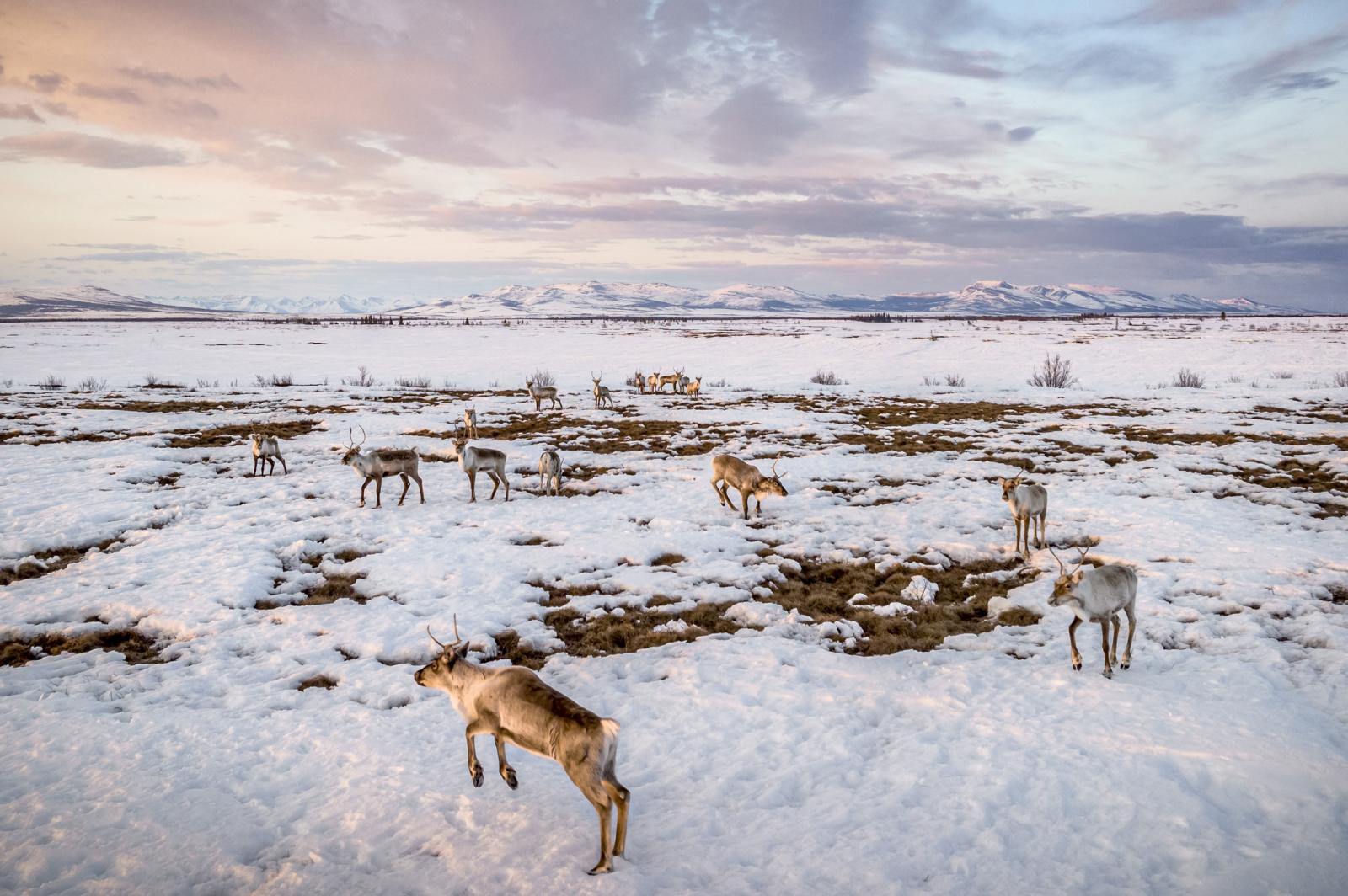Public Project
Vanishing Caribou
However over the last 2 decades, Arctic caribou populations have been in shocking decline, going from a total of 5 million animals to roughly 2 million and falling. There hasn’t been a disappearance of so many large land mammals in such a short period of time since the American bison. It’s an enormous loss that threatens to put even more pressure on the fragile ecosystem of the Arctic, as well as the indigenous communitiesacross Alaska and Canada that have depended on caribou not only for food security, but also culturally and spiritually, for thousands of years.
As scientists in Alaska and Canada scramble to find answers, with everything from climate change, industrial development, predation, disease, and shifts in hunting practices seen as possible causes for caribou decline, we must look not only to science to understand what is happening to caribou, but to the people who know them best.
“Vanishing Caribou” is a story as much about caribou as it is about the people who have lived with and depended upon caribou for millennia- like the Nunamiut community of Anaktuvuk Pass, Alaska, the Tlicho Tribe in Northwest Territories, Canada, the Neets'aii Gwichin community of Arctic Village, Alaska, the Inupiat village of Ambler, Alaska and the West Moberly and Saulteau First Nations in British Columbia, Canada. Many of these communities are also part of a growing movement of community conservation efforts to preserve landscapes, return ecological stewardship to indigenous people and save caribou species.
6,273

